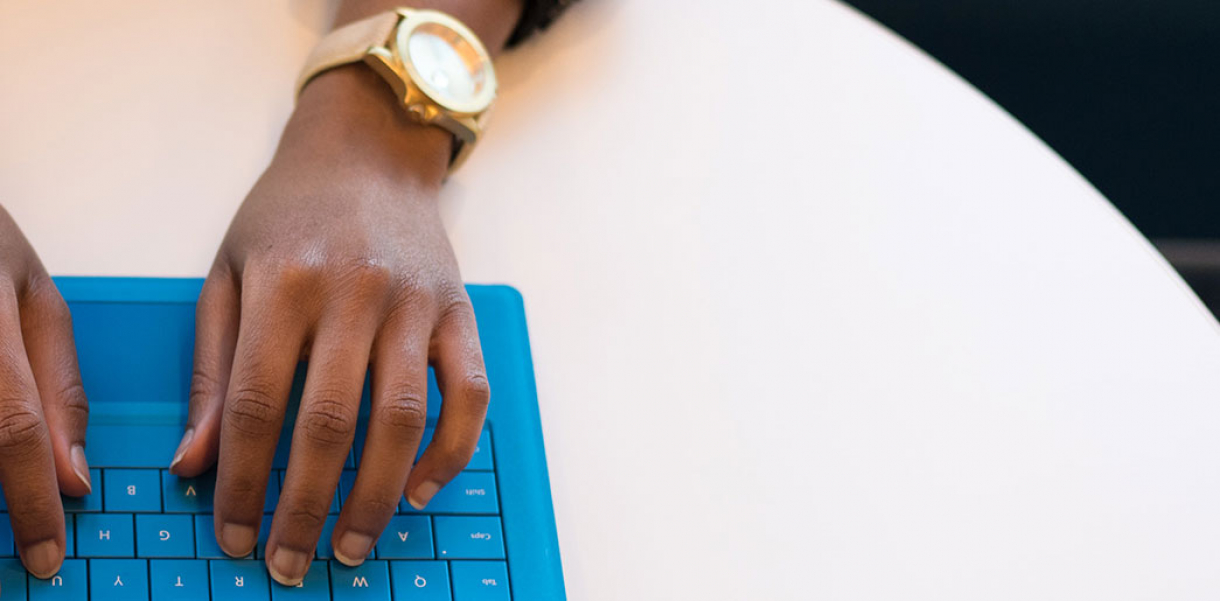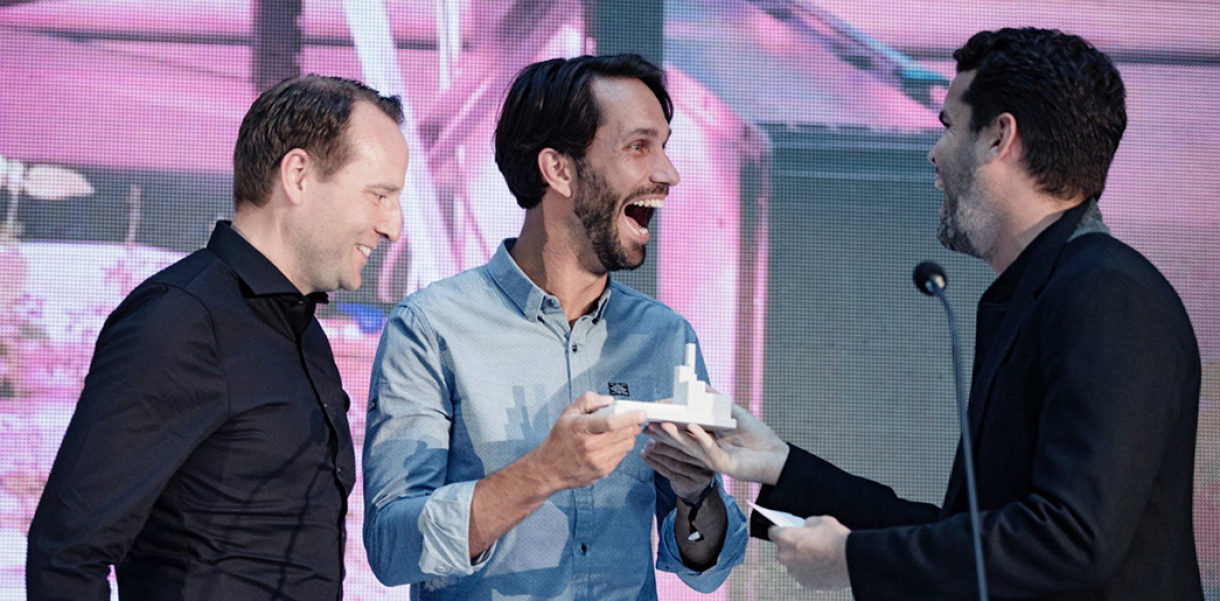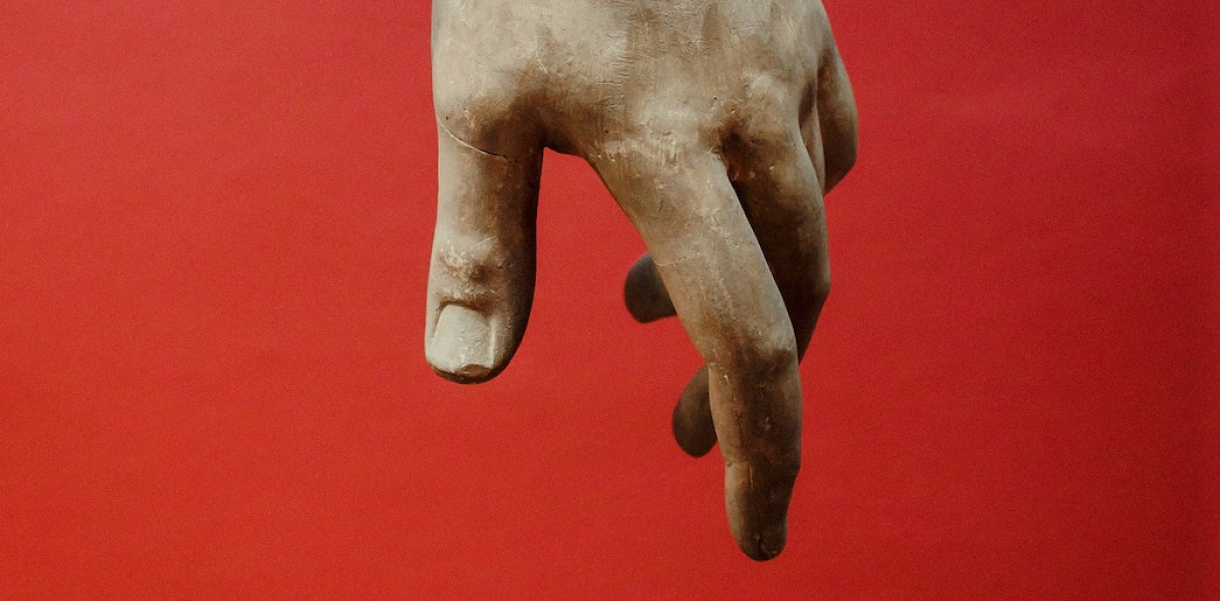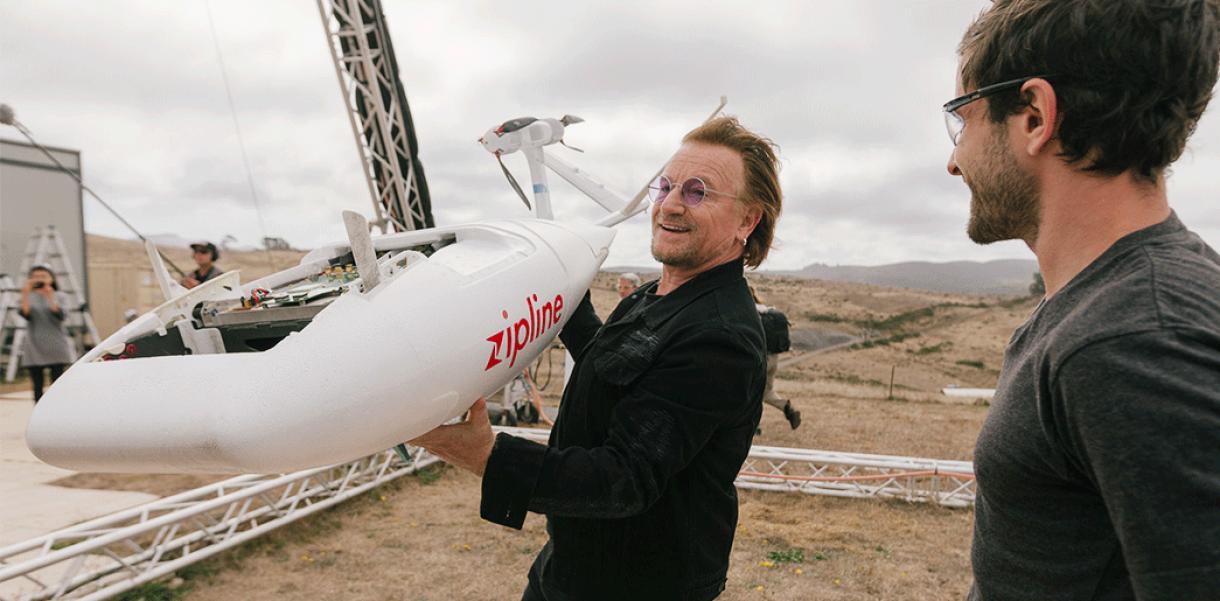Since we launched our first virtual workshop format in December 2020, teachers from all over are still eager to learn how they can improve their craft and inspire students. So in February and March, The Index Project, in collaboration with Siemens Stiftung Foundation, introduced the Design to Improve Life (DtIL) method to STEM teachers in Peru and Mexico.
In preparation for the workshop, we not only translated our training programme into Spanish but also our digital training videos. Making the Design to Improve Life methodology available in more languages has long been a dream of ours, and we're happy to see it realised in the fourth most spoken language in the world.
First, we took a digital trip to Peru, where 35 Peruvian STEM teachers were introduced to the DtIL Compass and tools to use in the classroom to work with problem-solving and co-collaboration. This not only marked our first workshop of 2021 but also our first educational effort in the country. Our Head of Future Thinking and Technology, Mariano Alesandro, is originally from Argentina and therefore took on the job of facilitating the digital workshops in Spanish.
"Working with the STEM teachers in Peru and Mexico has been a testament to the impact of digital #designtoimprovelife training," says Alesandro. "From the very beginning, the participants were enthusiastic about understanding the compass and how they could bring it into their own teaching. As a facilitator, even though I wasn’t in a room with them, the willingness to learn transcended the screens.”
Shortly after the Peruvian workshops, 30 Mexican teachers jumped online for a two-day workshop. The teachers were recruited by Innovec in Mexico, just like the Peruvian teachers were by our other partner organisation Instituto APOYO.
Our Education Director Charlotte Høeg Andersen, who supported Mariano on the sidelines, has been teaching our tools worldwide from Chile to South Africa, Tanzania to the United Arab Emirates. She designed the workshop programme in collaboration with Christine Niewöhner, Senior Project Manager at Siemens Stiftung, with who The Index Project has worked with since 2018.
"From the beginning of 2020, we’ve collaborated with the Siemens Foundation to up-skill STEM teachers in Latin America to implement design thinking in their teaching," says Høeg. "The collaboration is based on developing and executing co-created tool training programs for teachers and multipliers."
Despite the online classroom being challenging to manage and navigate, the teachers who attended the workshops found the introductory class highly useful. One participant, Nelida, highlighted her group's overall effort and "the collaborative work we developed without even knowing each other and coming from all different places". Raquel, another attendee, felt she learned to develop workflows and gained new methodologies to apply to the classroom.
Overall, the teachers agreed on the importance of introducing creative problem-solving into the classroom. As participant Deisi said, "it can help students to be more investigative and feel comfortable with participating". Furthermore, they believed it will make students "feel important because their work will be reviewed and disseminated, which will generate confidence and a great motivation to shine their skills".
So, what's up next for The Index Project and Siemens? "We're running a Train-the-Trainer program in Chile to certify the teachers to instructors so they can run their own tool training programs for colleagues around the country", Høeg shares. Stay tuned!
-
Are you interested in participating in a workshop or learning more about our education programmes? Give us a shout!






